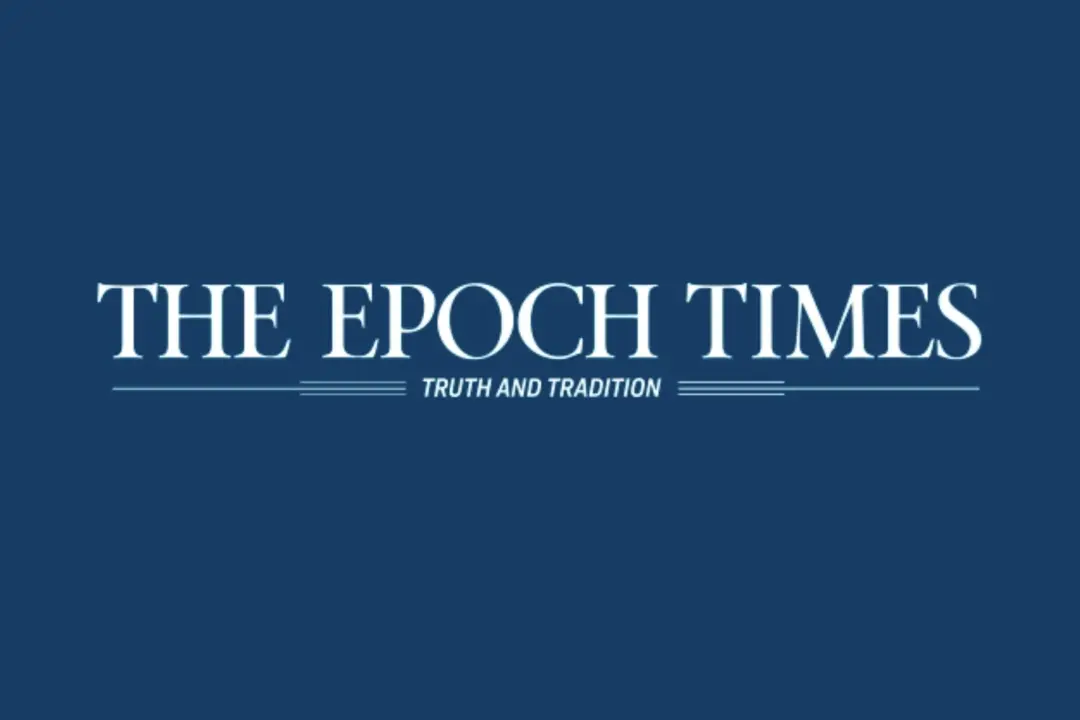The recent annual report by the National Security and Intelligence Committee of Parliamentarians clearly outlines the severe threat to Canada’s cyberspace security by the People’s Republic of China, as well as its use of businesspeople and overseas Chinese students to influence Canadian politics.
The report further states that many Chinese government organizations attempt to exert influence on members of the Chinese community and politicians in Canada, so that they take a friendly stance toward China; this is most apparent in China’s United Front Work Department. The report points out China’s use of monetary donations for political campaigns in an attempt to influence Chinese media viewpoints, as well as secretly supporting various community organizations and public protests.



